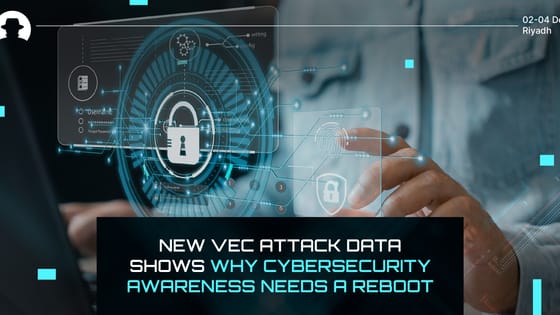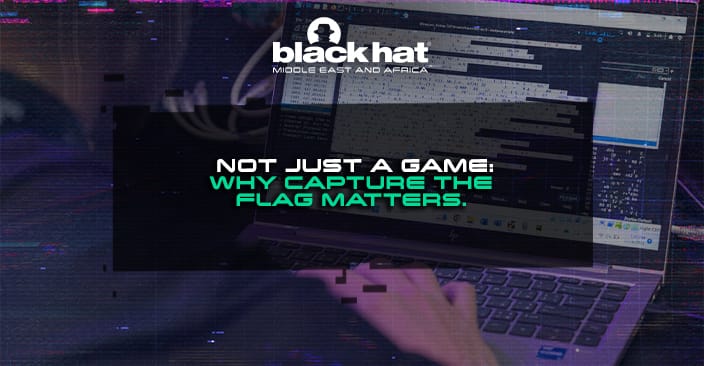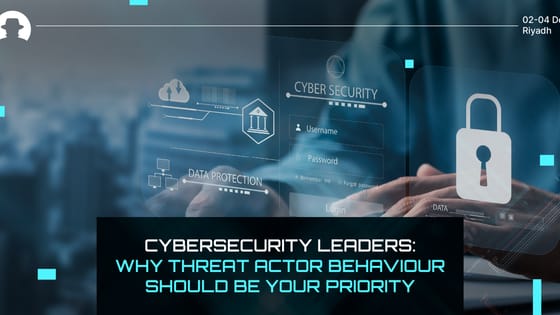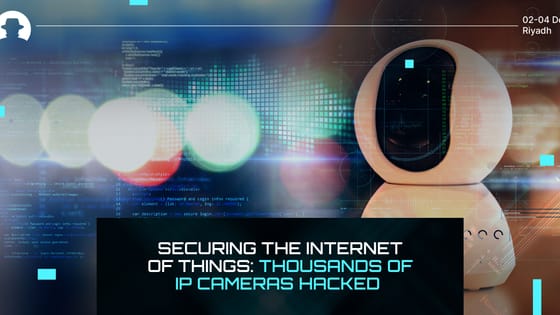
New VEC attack data shows why cybersecurity awareness needs a reboot
New research on vendor email compromise attacks shows that nearly half of employees fall for malicious emails, and 98.5% go unreported.
Read More
Kids play Capture the Flag on the playing field – you have two teams that have their own coloured flag, a designated territory for each team, and then you have to try and sneak into the other team’s territory and retrieve their flag.
In cybersecurity, Capture the Flag (CTF) competitions work in pretty much the same way. A piece of information is hidden somewhere in the target environment, and participants have to try and find it. In 2020 there were over 879 cybersecurity CTF events globally, according to the European Union Agency for Cybersecurity; and they’ve become an important driver of cybersecurity talent development and community building.
The first is jeopardy CTFs. In these events, participants compete to solve a series of IT security challenges that cover a range of different skill sets – including digital forensics, web application security, steganography, cryptography, reverse engineering, and more.
Each challenge is assigned a point value, and the team with the most points at the end of the CTF is the winner.
The second type of CTF is attack-defence. In this format, each team or participant is assigned a virtual machine or network to defend – but their system also has vulnerabilities that other teams can locate and exploit. So you attack other systems at the same time as defending yours, by finding and patching your own vulnerabilities.
We recently interviewed Heba Farahat (Senior Cybersecurity Consultant at Liquid C2), and she told us that she co-led the organisation of CTF competitions in the MENA region, at the WiCSME conference, for two years.
“I believe that CTFs offer one of the most effective ways to learn about cybersecurity in a gamified manner,” she said.
“For that purpose, I actively participated in CTFs at the start of my career, and my team ranked among the top 5 in several regional competitions. Eventually, I transitioned from the player seat to the driver seat, aiming to help more people enhance their cybersecurity skills. Over the years, the number of participants doubled, attracting players from 15 different countries, with women comprising over 60% of the participants.”
Within the CTF experience, participants gain access to a whole spectrum of benefits, including:
Here’s the thing: it’s not just about skill and talent and getting jobs. At its core, CTF does something pretty special for the cybersecurity industry: it cultivates the values that cyber really needs.
Farahat said it perfectly: “It's a voluntary commitment; unlike typical work, where the aim is promotion or rewards from superiors. Rather, it is fueled by a sense of responsibility towards the community and an intrinsic motivation to assist and uplift others.”
Capture the Flag helps to build a cybersecurity culture that can carry us into the future with motivated, collaborative professionals who care about their work. It instils responsibility, and a genuine desire to protect – and those values will enable a robust security ecosystem as we move through time and encounter new challenges.
So we think CTFs are pretty great. Tell us in the comments: has Capture the Flag been a part of your career development?
Join the newsletter to receive the latest updates in your inbox.

New research on vendor email compromise attacks shows that nearly half of employees fall for malicious emails, and 98.5% go unreported.
Read More
With new data from Arkose Labs, learn why psychology, business strategy and timing are just as important as technology for cyber defence.
Read More
The latest in a long line of attacks against IoT devices that highlights the vulnerability of the Internet of Things.
Read More